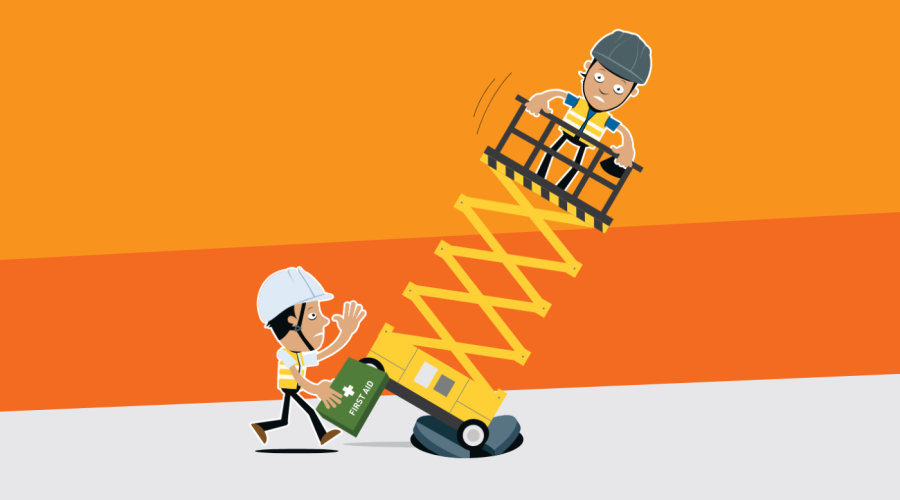It is not necessary that passengers are trained to operate the Mast Climbing Work Platform (MCWP), but at least two trained and familiarised operators should be on the MCWP at any one time. It is the employer’s responsibility of determining the training needs of all personal on and around the platform, however, passengers should be knowledgeable on the risks associated with their job and with working at height.
The British Standard BS 7981, the Code of practice for the installation, maintenance, thorough examination and safe use of MCWPs, states the following:
“The responsibility for determining the training needs of persons in respect of safety, and for making the necessary arrangements for training, rests with the individual employer. In the case of self-employed persons, the responsibility rests with themselves.”
“Training should be provided on the operation, including pre-use checks.”
“All trained operators working from an MCWP should as a minimum be familiarized by a demonstrator, to enable emergency lowering and rescue. At least two operators should be present on the platform to enable emergency lowering and rescue. Only operators familiarized in specific aspects of the MCWP should be allowed to operate it.”
